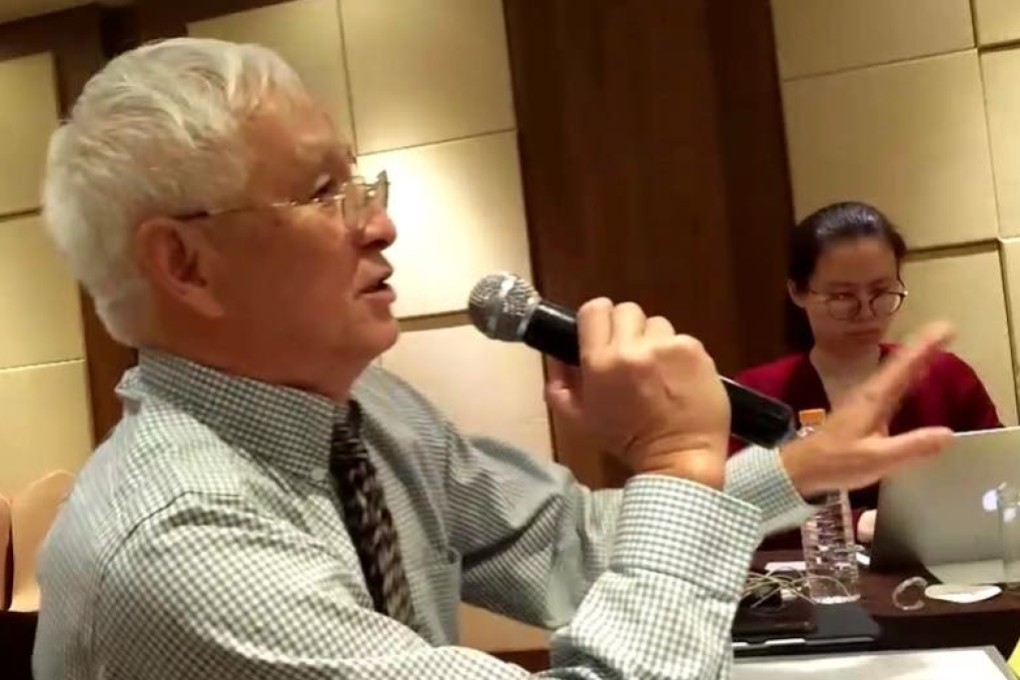Veteran Chinese dissident Wang Xizhe demands answers after he is refused entry to Hong Kong
- Wang says he was interrogated for five hours before being sent back to the United States
- Dissident has been in exile for two decades after publishing joint statement with late Nobel Peace Prize laureate Liu Xiaobo, calling for the “peaceful and democratic unification of China”

A veteran Chinese dissident has demanded an explanation from the government after he was barred from entering Hong Kong following five hours of interrogation.
Wang Xizhe, 70, was allowed into the city last October, but only after he promised immigration officers he would not to talk to the media, meet any politically sensitive people or attend any public event during his stay.
The veteran dissident, who fled to the United States in 1996, said he was questioned for five hours after landing in Hong Kong on Monday.
“The officers didn’t ask any political questions. They only asked about my plans during my stay and the friends I was about to meet,” Wang, who was eventually denied entry and sent back to the US, said.
“They didn’t propose any conditions like last time.”
Wang said the officers also learned he would fly from Hong Kong to Taiwan later this week.